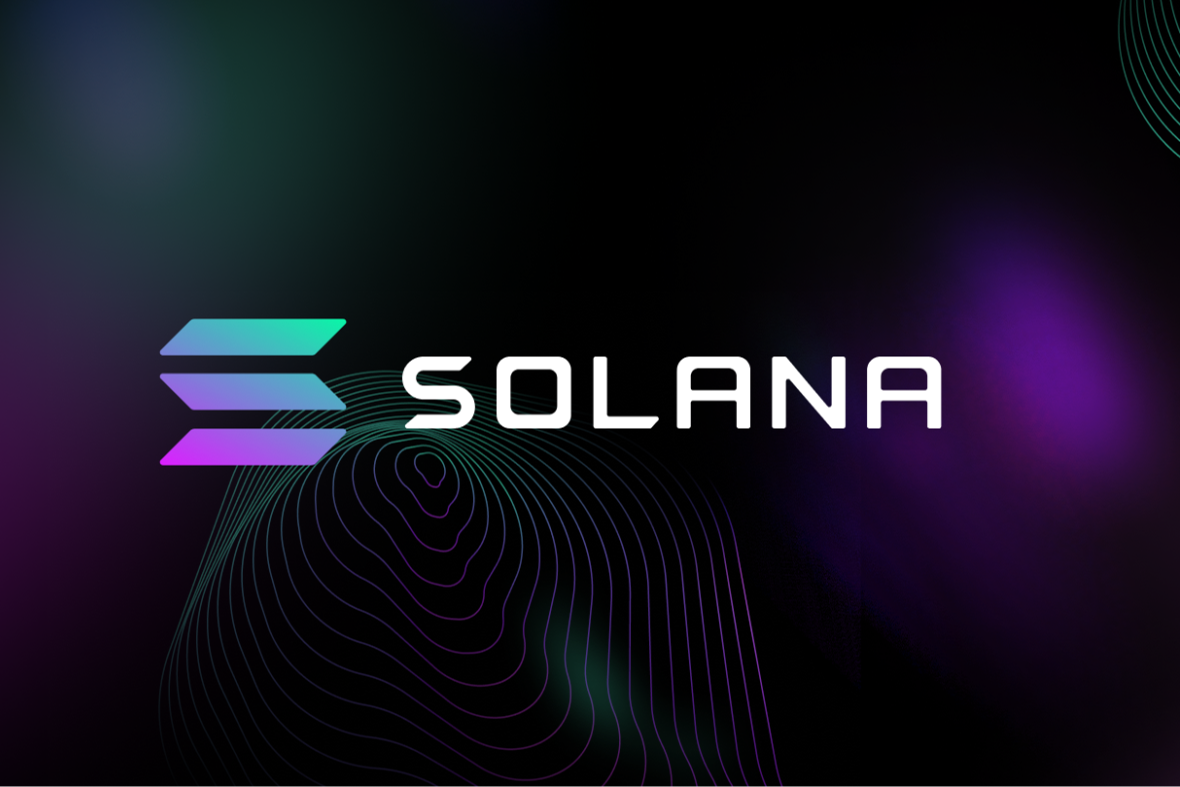2024-04-10

Solana developers are preparing for a critical update on April 15th to address the urgent issue of Nettraffic congestion. This action comes as transaction failures have skyrocketed due to an "implementation bug" explained by Mert Mumtaz, CEO of Helius Labs. Helius Labs plays a vital role in providing exclusive backend support to the network, contributing to its ongoing maintenance and improvement.
Mumtaz Clarified that the current problem with Solana is not inherent in its design but rather stems from a flaw in the implementation of a specific protocol. He emphasized the distinction between design flaws, which are fundamental, and implementation bugs, which are more manageable and rectifiable.
"It is important to understand the difference between a design flaw and an implementation bug. The latter can be fixed more easily and does not undermine the fundamental architecture of Solana," Mumtaz stated.
The issue revolves around the network's implementation of QUIC, a data transfer protocol developed by Google, which has exhibited deficiencies affecting the network's throughput and reliability. To illustrate this, Mumtaz provided an analogy: "If a BMW model has steering problems, it doesn't mean all cars are flawed. Similarly, Solana's challenge is not with its core design but with a specific implementation aspect of it."
In line with Mumtaz's perspective, SOL researcher Richard Patel noted that alternative implementations like Firedancer do not share the same vulnerabilities, confirming the belief that a targeted approach is needed rather than a complete overhaul.
As the community eagerly awaits the April 15th update, Mumtaz cautioned that any additional issues discovered during testing may cause a delay.
The network strain is occurring amidst a surge in spam transactions and the popularity of memecoins, overwhelming Solana's processing capabilities. Users have been alerted by the Phantom wallet and other applications to expect delays, highlighting the urgency of the congestion issue.
Matt Sorg from the Solana Foundation shed light on the network's architecture, explaining that it processes transactions directly without a mempool, similar to internet IP endpoints. While efficient, this direct dispatch model is susceptible to spam overload, resulting in transaction dropouts. The team is actively addressing this nuanced issue.
Solana's development team is working on multiple fronts to alleviate congestion, including software patches and system updates to enhance network capacity and resilience. The upcoming 1.18 update is highly anticipated for its promise to improve transaction scheduling and reduce bottlenecks.
Furthermore, the adoption of dynamic priority fees in decentralized applications (dApps) on Solana is being considered to optimize transaction processing and user experience.
As of now, SOL is trading at $176.